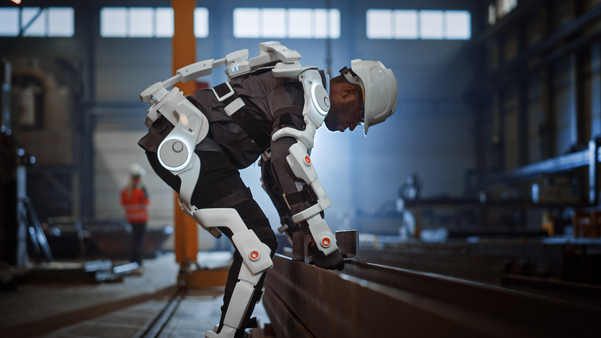Is Elon Musk "Superhuman"? Here's Why Nvidia's Jensen Huang Thinks So After the Tesla Chief's $2.5 Billion Feat

Few people elicit as strong a reaction as Elon Musk. The outspoken Tesla founder is fond of making bold claims and huge promises -- promises that he doesn't always keep, much to the chagrin of Tesla investors. Add to that his social media activity, and he is often a divisive figure.
One thing that can't be denied is that Musk has vision. That -- and a massive net worth -- make him capable of marshaling huge resources to accomplish incredible tasks. Look no further than the recent successful rocket booster "capture" executed by his company, SpaceX. And while that truly is an incredible feat, Musk recently pulled off something else that left Nvidia (NASDAQ: NVDA) CEO, Jensen Huang, thoroughly impressed.
While X, Tesla, and SpaceX dominate the headlines, Musk's artificial intelligence (AI) startup, xAI, recently built what could be the most powerful AI-training supercomputer around. Dubbed "Colossus," the supercomputer will be used to train Grok, a large language model (LLM) and the company's answer to ChatGPT. The LLM will be available to paying X customers initially, but many believe Grok will eventually power Tesla's humanoid robots. Sounds like science fiction, no? It's not.
Here's the thing, xAI built the facility in a matter of months, but it installed 100,000 Nvidia H100s in just 19 days. The Nvidia chief was recently interviewed about the installation, and it was clear this was something he'd never seen, calling it "superhuman" and "unbelievable." Why? According to Huang, it's a process that would normally take years.
Musk isn't done, however. He plans to install another 50,000 H200s in the next few months, roughly doubling its current power. Although nothing official has been announced, I wouldn't be surprised if he is first in line for Nvidia's yet-to-be-released B200s. xAI has spent a few billion on the project thus far and at $25,000 a pop, an estimated $2.5 billion of that was spent just on the H100 chips themselves.
While Musk and xAI's feat is undeniably impressive, I would take Huang's statements with a grain of salt. CEOs of companies that do billions of dollars of business together tend to be quite complimentary of each other, and like Musk, Huang doesn't shy away from bold claims.
The whole project shows the incredible lengths to which companies will go to win the AI arms race -- companies with billions to burn. During the last round of quarterly earnings, CEOs from the largest companies in tech reiterated that losing was not an option, and they will keep spending whatever it takes to win. Alphabet CEO Sundar Pichai put it bluntly, "The risk of underinvesting is dramatically greater than the risk of overinvesting for us." That's why the company expects to spend roughly $50 billion this year in capital expenditures, up from $31 billion the year before, with much of it going toward AI infrastructure and Nvidia chips.
Breaking news
See all






